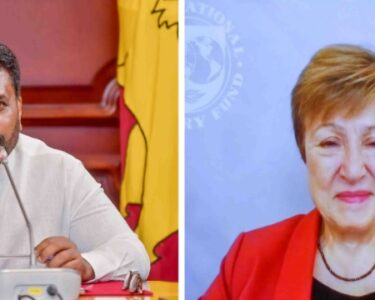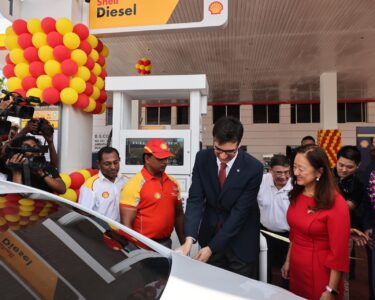Climate change is an existential threat, we know that. But what we continue to deny is the need for drastic emission reduction, that too in a world where millions still need the right to development.
In India, the poor, already surviving on the margins, are severely impacted by extreme weather events. They are the first victims of climate change — and remember, always, that they have not contributed to the stock of greenhouse gases in the atmosphere.
So, as we move ahead, we must recognize the imperative of climate justice. The reasons are inconvenient but simple. Carbon dioxide (CO2) has a long residence time in the atmosphere and so, what is emitted in the past has accumulated and will “force” temperatures to rise.
Then, CO2 is linked to the way the world runs the economy — fossil fuels (coal or gas) are still determinants of growth. Most importantly, millions of people are still waiting to get the benefits of economic progress — which means access to affordable energy. And, this is at a time when the world has literally run out of carbon space to accommodate its need for development.
So, what will this part of the emerging world do? Their growth — the use of fossil fuels — will add to the jeopardy that awaits us. How can this “growth” be reinvented so that it is low-carbon, sustainable, and yet affordable? It is not enough to berate and bully emerging world countries into action.






